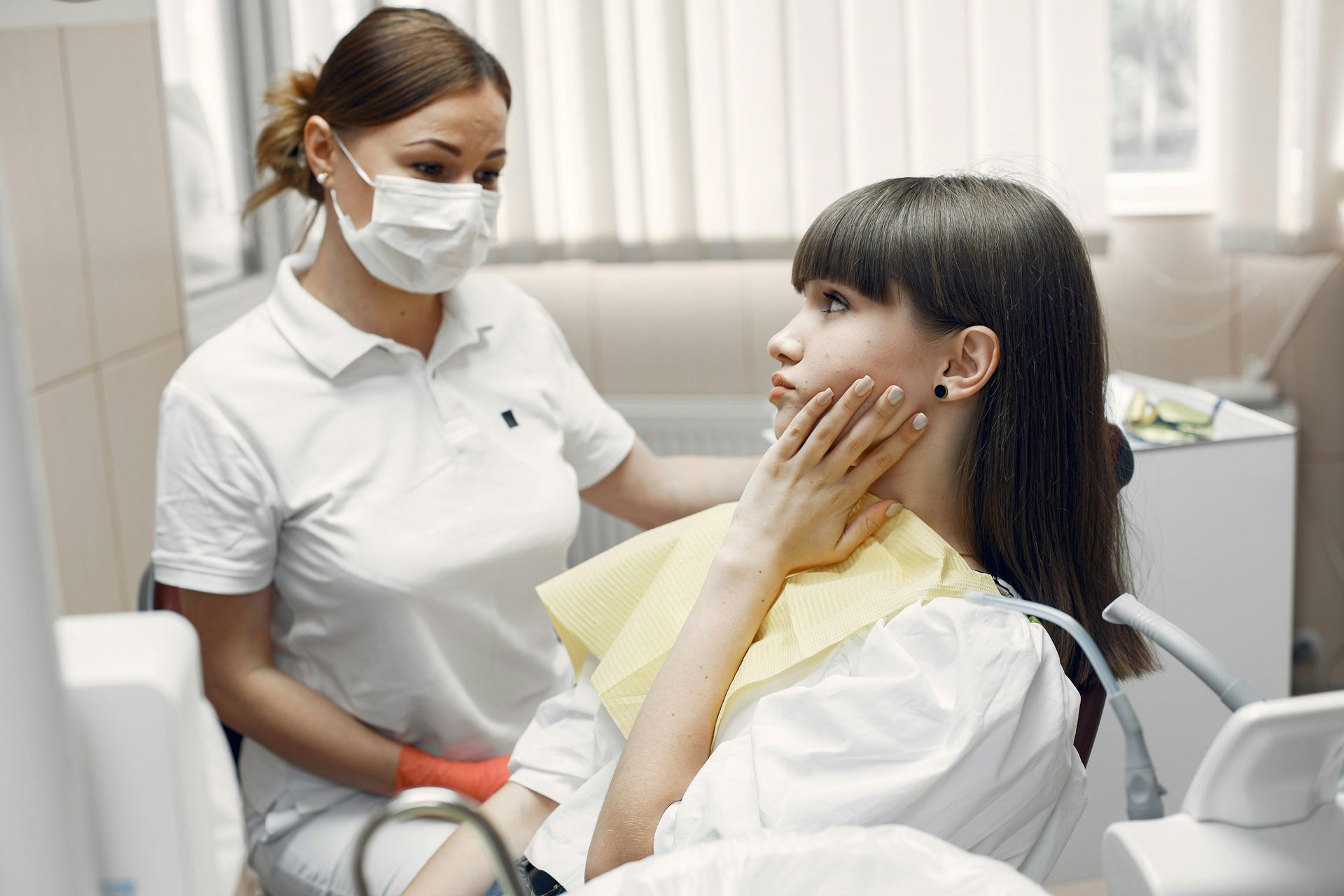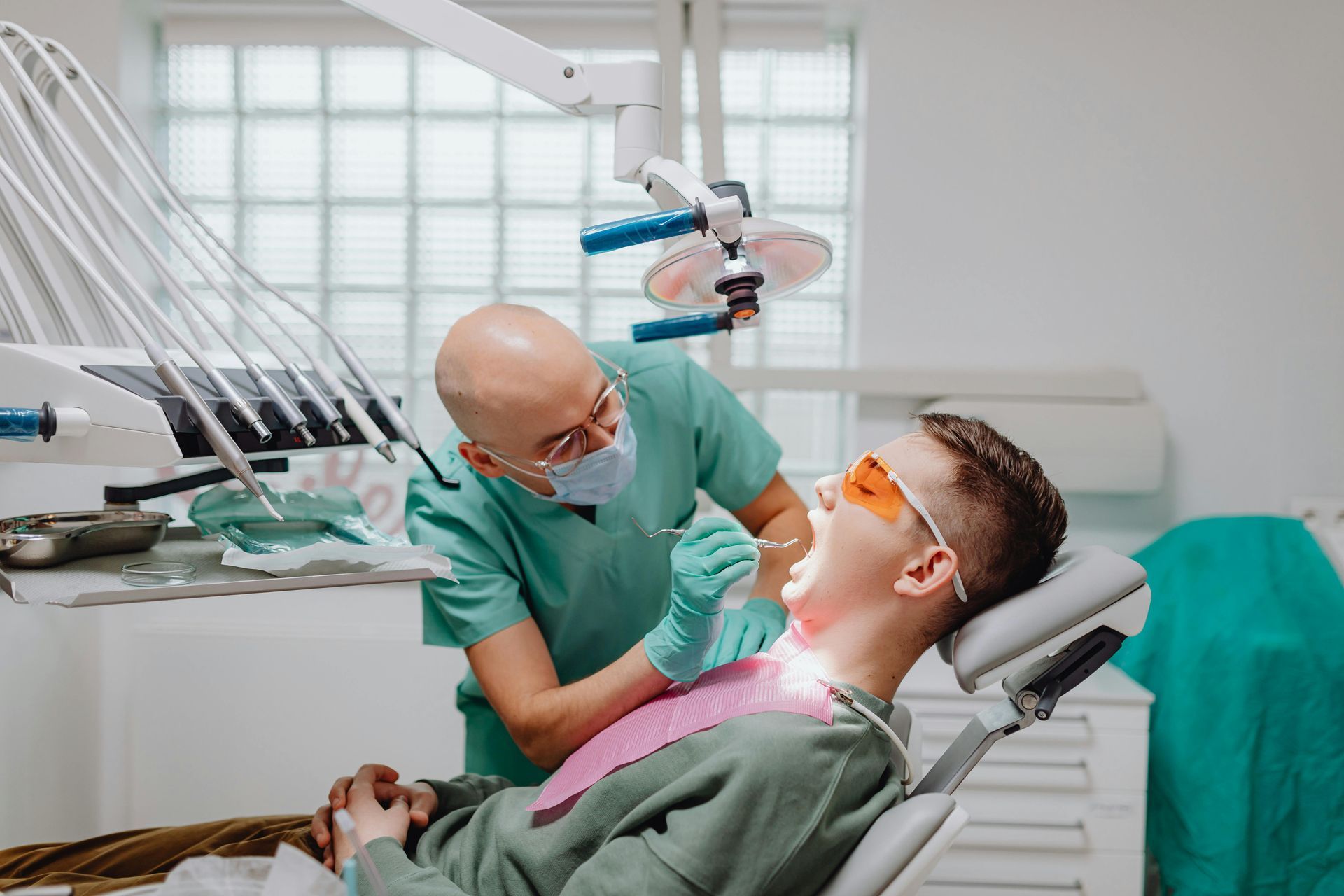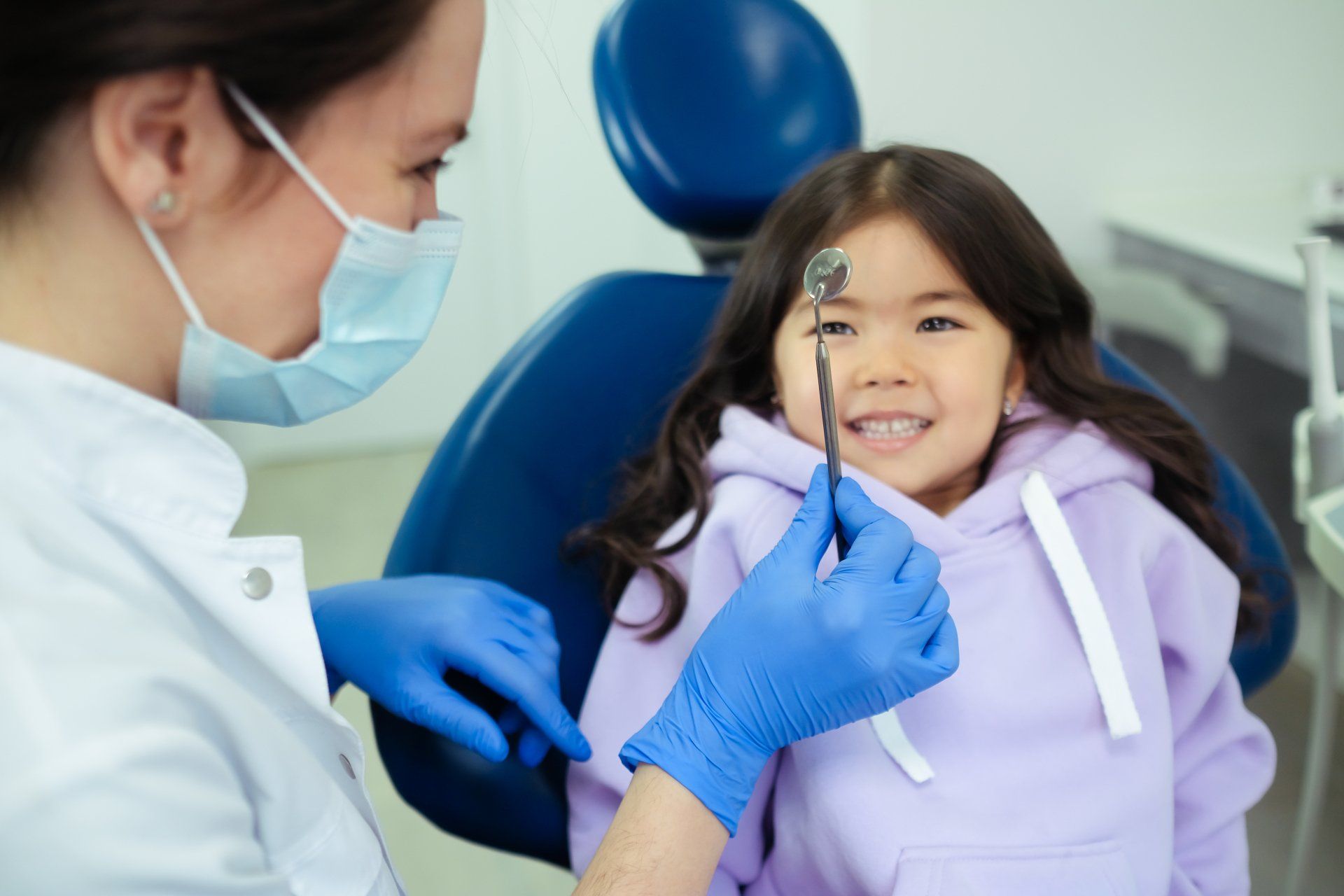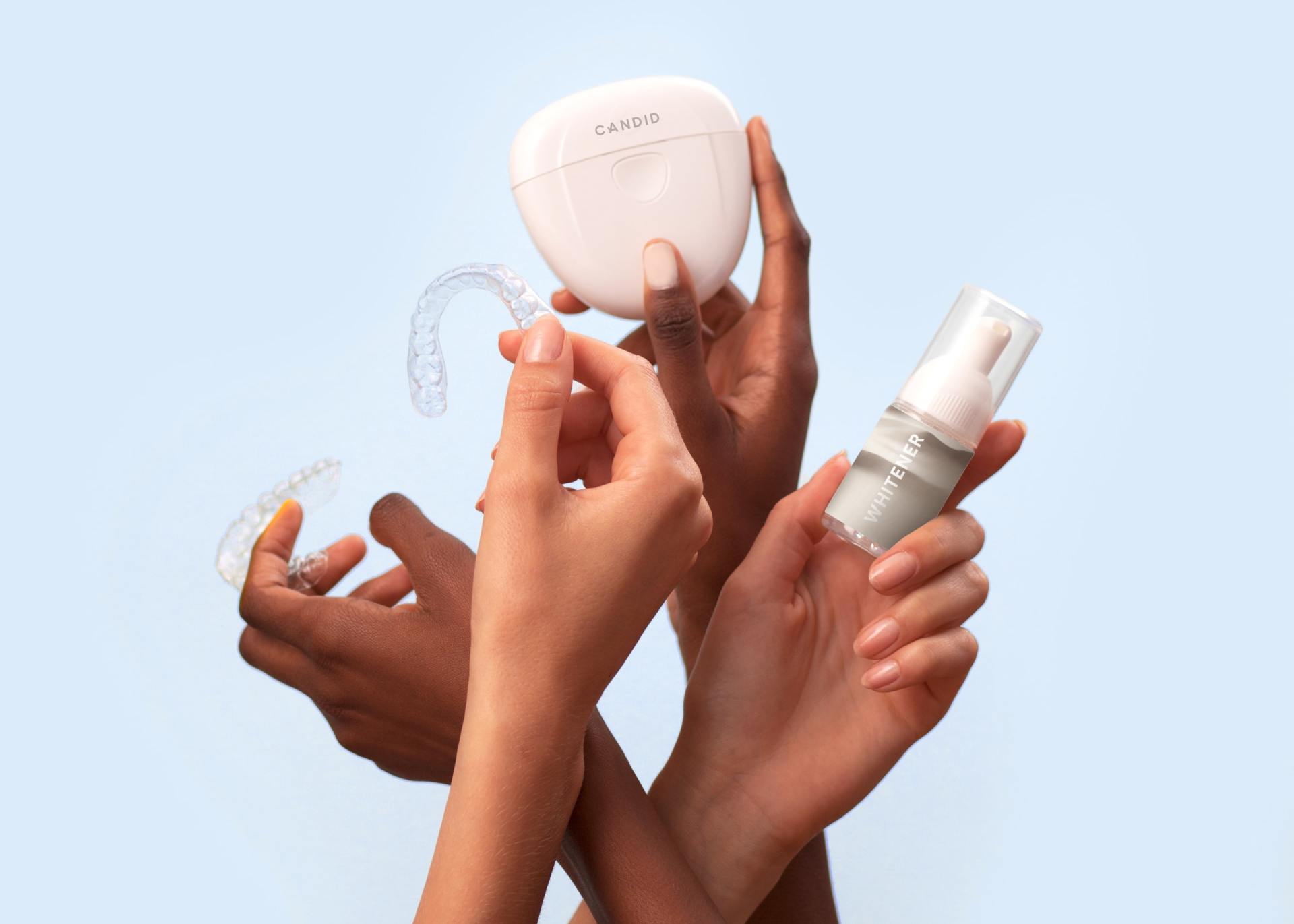Dental Kit Essentials for Home and Travel
Dental Kit Essentials for Home
Imagine the discomfort of a sudden toothache while you're miles away from your familiar dentist’s chair. Taking good care of your teeth is vital, whether you’re cozy at home or traveling the globe. This guide is your passport to maintaining a healthy smile, no matter where life takes you.
In the comfort of your home, your dental routine can afford the luxury of choice between manual and high-tech cleaning tools. Mastering the art of selecting effective products such as toothbrushes, floss picks, and mouthwashes becomes the cornerstone of oral health. However, on the road, portability and convenience take precedence, ensuring your pearly whites are catered for even in the tightest of spaces.
Dive into the essentials of crafting the perfect dental kit tailored for both home and travel, where practicality meets preparedness to tackle any dental dilemma. From selecting the right toothbrush to the convenience of travel-friendly dental wax, this article is the ultimate guide to keeping your smile bright wherever you are.
Maintaining optimal oral health requires a comprehensive dental care routine, both in and out of the dental office. A well-stocked dental kit at home is crucial for ensuring your smile stays bright, and your mouth stays healthy. What should your dental kit include? From the basics like a proper toothbrush to emergency supplies like dental wax, each item plays a crucial role in preventing gum diseases, tooth decay, and bad breath. Let's explore the essentials for keeping your teeth and gums in top condition.
Toothbrushes: Manual vs Electric
When it comes to keeping food particles and plaque at bay, the toothbrush is your first line of defense. Both manual and electric toothbrushes have their place in a dental kit. Manual toothbrushes are affordable and easily portable, making them a great option for travel or an extra toothbrush to keep on hand. However, for a more thorough clean, many dental practices recommend electric toothbrushes. These power brushes can be more effective at removing plaque and reducing incidents of gum diseases. When choosing between the two, consider factors like ease of use, access to power for charging, and your personal oral hygiene routine.
Interdental Brushes and Floss Picks
Even the best toothbrush can't reach every nook and cranny between your teeth. That's where interdental brushes and floss picks come in. These dental tools are designed to remove food debris and plaque from between teeth, where toothbrush bristles may not reach. Regular use of interdental brushes or floss picks is essential for preventing gum diseases and should be a part of every daily oral hygiene routine.
Tongue Scrapers and Mouthwash
Bad breath can often be attributed to bacteria on the tongue. A tongue scraper is a simple tool that can help reduce bad breath by physically removing the bacteria and food particles from the surface of the tongue. After scraping, rinsing with mouthwash can offer additional oral health benefits, including killing bacteria, reducing plaque, and providing temporary pain relief for minor mouth irritations. Incorporating both into your dental kit will ensure that your oral care regimen is well-rounded.
Dental Wax for Temporary Pain Relief
Dental wax is a must-have in any dental kit, particularly for individuals with orthodontic appliances or those prone to developing canker sores or having sensitive areas in the mouth. This pliable material can be applied to the sharp edges of a bracket or a broken wire to provide temporary pain relief until you can visit an emergency dentist. Dental wax can also protect the gums and inner lining of your mouth from irritation, securing your comfort and oral health.
By including these essential items in your dental kit, you'll be well-equipped to maintain your oral hygiene and manage minor dental issues at home. However, always remember that these tools do not replace professional dental care, and regular check-ups with your dentist are crucial for preserving long-term oral health.
Dental Kit Essentials for Travel
Maintaining your oral health isn't just for when you're at home; it's equally important to take care of your teeth and gums while traveling. A travel dental kit ensures that your oral hygiene doesn't miss a beat, regardless of where you are. Compact in size but comprehensive, here's what should be included in your dental kit essentials for travel:
Compact Toothbrushes for On-the-Go
Your travel dental kit should start with a compact toothbrush, which is specifically designed for portability. Options include foldable designs or toothbrushes with travel cases to maintain hygiene. These space-savers not only fit easily into luggage but also protect the bristles from germs and damage. Remember, even on the go, replace your toothbrush every three to four months as recommended by dental practices for optimal oral health.
Travel-Sized Toothpaste and Mouthwash
Complement your toothbrush with travel-sized toothpaste. Available in tubes small enough to meet airline regulations, these ensure that you don't have to compromise on your oral care routine while away from home. Additionally, pack a small bottle of mouthwash to rinse away food particles and bacteria, further freshening your breath and preventing tooth decay after meals when brushing isn't possible.
Disposable Dental Floss or Floss Picks
To maintain good oral hygiene, flossing can't be overlooked. Disposable dental floss or floss picks come in handy travel packs and are crucial for removing food debris and plaque from places a toothbrush can't reach. They are both portable and convenient, making it easy to ensure that even while traveling, you're still keeping gum diseases at bay.
Portable Dental Wax
Portable dental wax can be a lifesaver for those wearing braces or individuals prone to oral irritations from rough dental appliance edges. Carry a small container of dental wax to provide quick relief by covering sharp edges, preventing mouth sores, and ensuring your trip isn't interrupted by unexpected discomfort. It's a simple addition that can offer significant peace of mind.
In conclusion, these four key items—compact toothbrushes, travel-sized toothpaste and mouthwash, disposable floss, and portable dental wax—form the foundation of a well-prepared travel dental kit. Keeping this kit on hand helps ensure that you continue your oral hygiene routine no matter where you find yourself, thereby supporting your overall oral health.
At Don River Dental our dentist is here to teach you tricks and tips to help make it easier and more enjoyable to take care of your smile. Give us a call at (416) 901 - 9292 today to speak to someone from our team. At Don River Dental we offer only what you need dentistry in North York.
